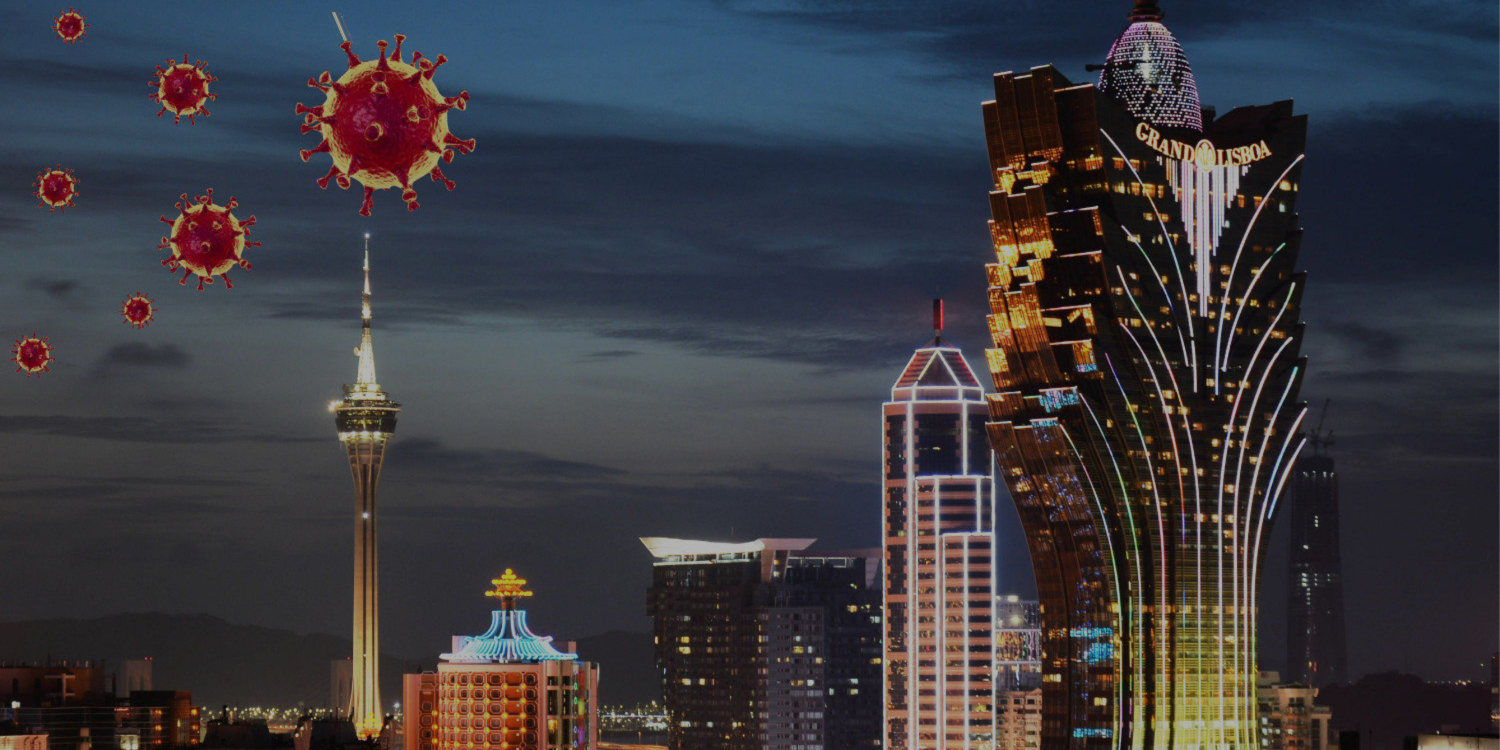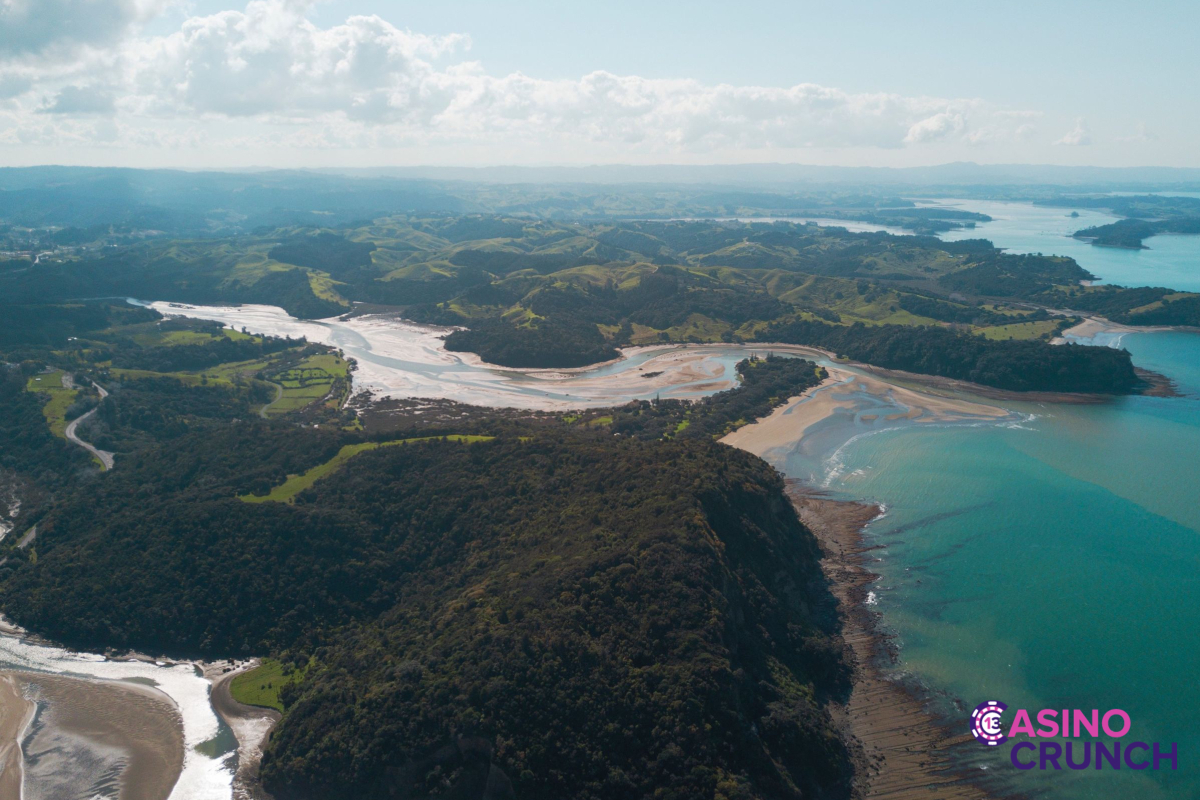Casino stocks affected by the Coronavirus

Novel Coronavirus is the virus that shook the whole world. Many people have been infected by the virus and hundreds of people have been killed. This is the very unfortunate start of the year and thus, many industries have suffered as well. Some of the industries have seen incredibly big losses. The sports industry is one of the firsts to take hit, together with the tourism and gambling industry of course.
Flights and travels have been limited to and from China. Especially Wuhan, the city where the virus was first discovered is isolated from the rest of the world. Due to the limitations and bans on flights many events have been canceled that were supposed to be held in China or any neighboring Asian countries.
Not only the sports events have been canceled, but the gambling-related events as well. In terms of the gambling industry, it is an even tougher subject. Macau is the Asian capital of the gambling industry. It generates most of the revenue for China. Authorities were forced to close the casinos located in Macau due to the epidemic in the country. The casino operators have already lost several hundred million due to the epidemic. This is a very unusual occasion as the January month is supposed to be the most lucrative, due to the Chinese Lunar New Year. Instead of many visitors, all we can see is the empty streets and abandoned buildings.
Some of the casinos have seen an increadible decline in the stocks and the revenue. Some of the major casino operators have already lost a lot of money and their only hope left is the soon recovery from the illness and rehabilitation of the cities. This is time-consuming but at least better than nothing at all.
Casino Industry receives the hit
As far as Macau is the only region in the whole country, where gambling is legalized the closure of the casinos is a radical measure and the great loss for the whole gambling industry in China. Leading operators with significant revenue exposure to Macau have fallen between 3% and 14% for the year to date, as of Feb 20, by the time the authorities claused the casinos. For the same period, the MVIS Global Gaming Index has shed nearly 2% compared to 24% gains for the S&P 500.
WYNN Resorts
Casinos and resorts giant, Wynn Resorts (WYNN) owns four megaresorts: Wynn Macau and Encore in Macau and Wynn Las Vegas and Encore in Las Vegas. The company is in the process of adding more properties in Macau from which it gets 77% of its EBITDA.
Macau is poised for a solid visitation and gaming growth boosted by key infrastructure and transportation projects over the next several years. “We view Wynn Resorts as a high-end iconic brand that is well-positioned to participate in the attractive long-term growth opportunity of Macau,” says a Morningstar equity report, noting that the operator has expanded its room share in the region to 9% from 6% since 2016.
While Wynn’s 2019 sales dropped 1.6%, the company remains well-positioned for long-term growth in Macau (76% of 2019 EBITDA) once the coronavirus is contained. “While it is extremely hard to handicap the final impact from the outbreak, we plan and model 80% average declines in Wynn’s Macau revenue for a two-month period, mitigated by pent-up demand once the illness is resolved,” says equity analyst Dan Wasiolek, who pegs the stock’s fair value at US$164 and projects high-single-digit long-term sales for the region, driven by a constructive view of the region’s highly regulated gaming market.
Wynn gets 23% of its EBITDA from Las Vegas, where it has various projects currently under development.
MGM Resorts
The largest resort operator on the Las Vegas Strip, MGM Resorts (MGM) owns MGM Grand, Mandalay Bay, Mirage, Luxor, New York-New York, and a 50% ownership stake in CityCenter, comprising 35,000 guest rooms and suites, representing about one-fourth of all units in the market.
The company also operates the 56%-owned MGM Macau casinos and recently expanded its presence to capitalize on the booming tourism demand which underpins the gambling revenue growth in Macau.
“MGM Resorts is positioned to maintain its leading presence in the lower-growth, lower-barrier Las Vegas region (47% of estimated 2019 EBITDA) while participating in the attractive long-term growth opportunity of Macau (20% of EBITDA),” says an equity report.
The operator has expanded its room share in Macau to 8% from 3% with the addition of the new Cotai property in 2018. “While the coronavirus will drive our near-term MGM’s Macau (22% of EBITDA) estimates lower, we plan to leave our long-term forecast (high-single-digit sales) for the region intact,” says Wasiolek, noting the region is primed for robust tourism and gaming market growth.
MGM is also expected to open a resort in Japan in 2026. “We expect MGM to be awarded a gaming license in a Japanese urban market with a resort opening in the middle of the next decade,” says Wasiolek, who puts the stock’s fair value at US$40.
Melco Resorts
The Macau-focused Melco Resorts (MLCO) is one of only six firms allowed to operate casinos in the region. It operates gaming casinos, restaurants, and resorts for patrons ranging from VIP to mass-market. The company also has majority stakes in Studio City in Macau and City of Dreams Manila, in the Philippines.
The government-enforced closure of Macau casinos would not have a long-term impact on Melco’s revenue. The reports suggests “an 80% year-over-year decline in gaming and hotel revenue for three months, followed by 15% higher-than-normalized gaming and hotel revenue in the following eight months.”
The current pullback won’t last forever, and the stock prices will bounce back once the epidemic dissipates, says equity analyst Chelsey Tam, who estimates the stock’s fair value to be US$31. “We think Macau gaming would see higher-than-normalized revenue when the epidemic subsides, due to pent-up demand,” she says, adding “this is a good opportunity for long-term investors to go bargain-hunting in the Macau gaming coverage.”
The increase in hotel rooms over the next few years will accommodate more tourists and increased length of stay driving the top line for Melco, says Tam, who forecasts annual revenue growth of about 6% for the next 10 years. Additionally, neighboring Hengqin Island, three times the size of Macau, is under rapid development to complement Macau’s growth.


































Comments (0 comment(s))